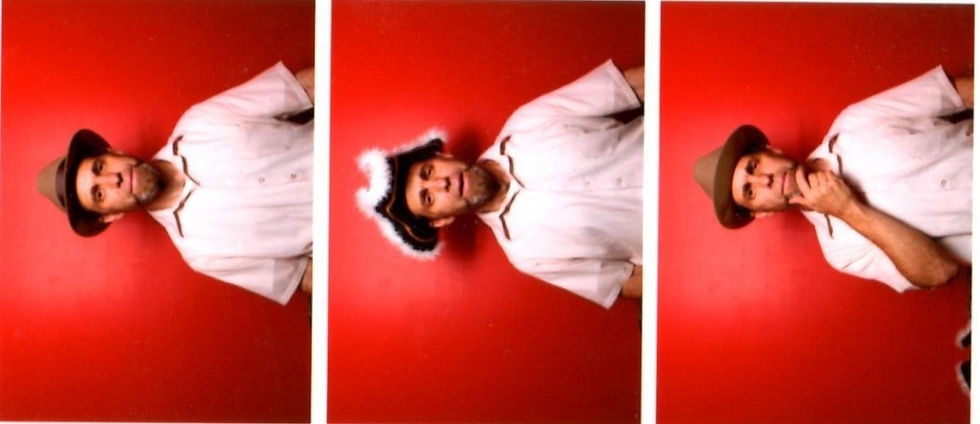Attending N.E.H. Humanities Lecture: Historian on War
- Caleb Kriesberg (© 2020 -- 2025)

- Jan 6, 2020
- 3 min read
Updated: Dec 22, 2024

Drew Gillpin Faust
Classroom note-taking might most usefully employ short phrases and bullet-points. In this example of listener-response, a short essay summarizes a lecture.
For the 40th annual Jefferson Lecture of the National Endowment for the Humanities that I attended, May 2, 2011, Drew Gillpin Faust, historian & president of Harvard University, spoke on war.
She never came close to mentioning the recent assassination of Osama Bin Laden, and only briefly, and critically, mentioned the previous president's war in Iraq. After praising the bravery of Congressman John Lewis, in the audience, for his civil rights leadership of the 1960's, Faust stayed with her pre-arranged presentation. She seemed to say that her topic and priority was the more distant past: Homer's Iliad, Herodotus's history, Thucydides' Peloponnesian War, and her personal past, the Centennial of the Civil War.
She began by comparing the Civil War centennial with this year’s sesquicentennial, but then ranged widely over the whole experience of war and its reporting. Her title was “Telling War Stories: Reflections of a Civil War Historian.” Her main inquiry: What has been the reaction and responsibility of the humanities in describing war?
She explained, insightfully, that our Civil War histories have changed in the past 50 years, focusing more on race and the common soldier, less on the generals and the great battles. That seemed progress to her.
But she moved on to lament how intertwined the humanities are with the inhumanity of war. How are we drawn to war as a subject?
Faust pointed out that although our civil war covered only four years, or about two percent of our national history, thousands of books have been written about it. She also observed that in any 100 year period of human history, wars have dominated human experience, or at least the writing about this experience.
Citing various novelists, poets, statesmen, including Aristotle, Faust concluded that war can seem to provide a narrative arc, and a “teleology”. Thus it is attractive to writers. But many veterans have agreed that there is neither sense nor truth in their war experience or their attempts to describe it. Faust warned her audience that not only do wars influence the humanities, but the humanities influence the way the public misconceives of war.
Though Faust has been something a path-finder in women's studies at Harvard, she acknowledged the role of men in war, as instigators, planners, and victims. She told the story of men with the tone of Walt Whitman – Congressman Lewis had earlier recited Whitman's poem “Dirge for Two Veterans”. While never mentioning Clara Barton, Mary Todd Lincoln, Harriet Beecher Stowe, or Harriet Tubman, Faust exhibited compassion.
This was the fourth Jefferson Lecture of the National Endowment for the Humanities that I have been acquainted with over the past decades. It seems the speeches' contents have become less arcane, but attention spans are shorter. Judging from my conversations with other members of the audience during the reception afterward, I found that hardly anyone had listened closely. (Recently, the annual N.E.H. lectures have been available online live, or by recorded video.)
Here was an intriguing and unexpected topic treatment in its context: a historian of war, who brought back officer training – ROTC – to the university after a 40-year absence, and who spoke during a time of military triumphalism, offering an appeal that was almost pacifist.
But I wonder if a historian was the right representative for this theme. She is not a sociologist or political scientist, so her poignant concluding question went largely unanswered: how can the humanities help reduce the frequency and severity of war?





Comments